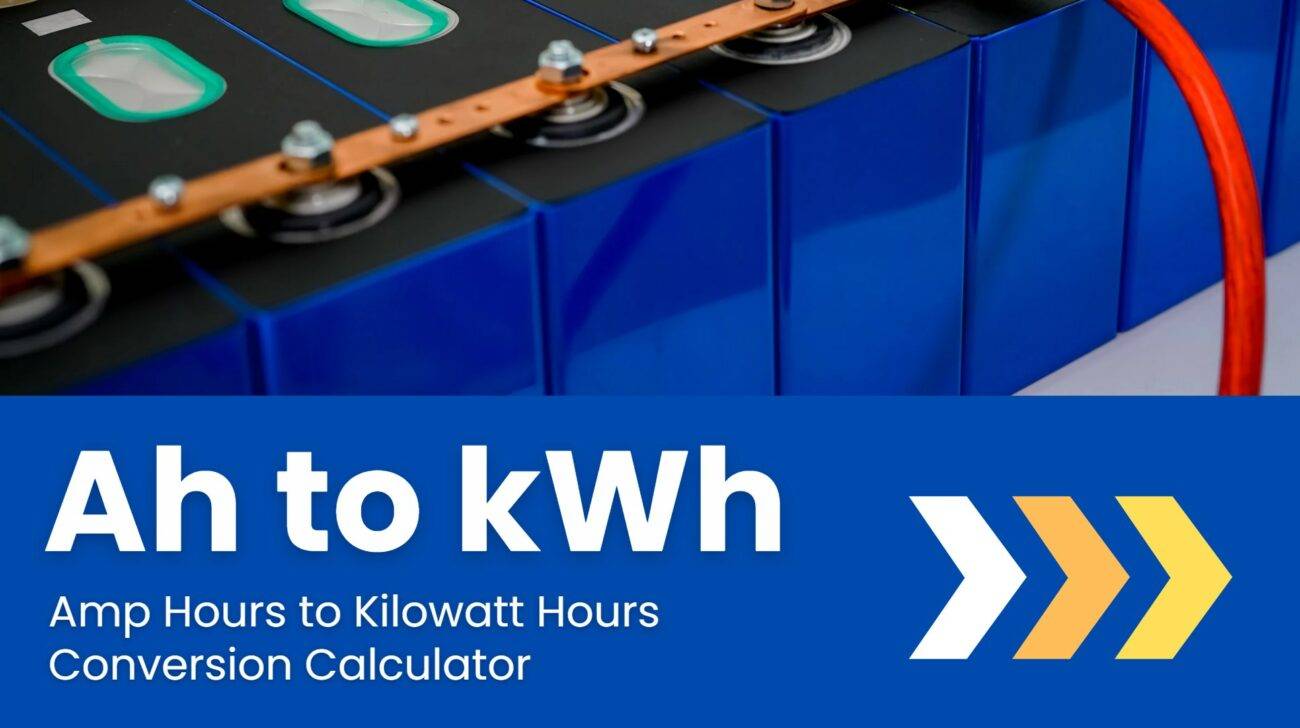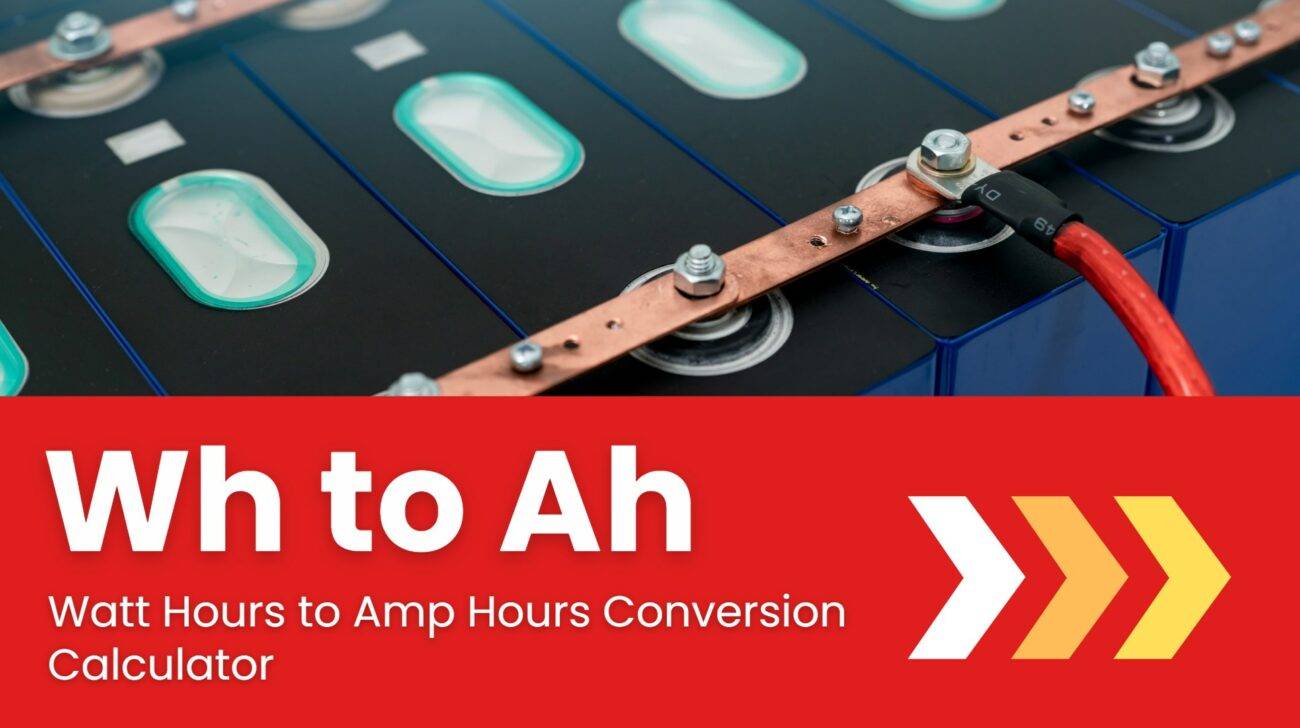- Lithium Golf Cart Battery
- Forklift Lithium Battery
-
48V
- 48V 210Ah
- 48V 300Ah
- 48V 420Ah (949 x 349 x 569 mm)
- 48V 420Ah (950 x 421 x 450 mm)
- 48V 456Ah
- 48V 460Ah (830 x 630 x 590 mm)
- 48V 460Ah (950 x 421 x 450 mm)
- 48V 460Ah (800 x 630 x 600 mm)
- 48V 460Ah (820 x 660 x 470 mm)
- 48V 500Ah
- 48V 560Ah (810 x 630 x 600 mm)
- 48V 560Ah (950 x 592 x 450 mm)
- 48V 600Ah
- 48V 630Ah
-
48V
- 12V Lithium Battery
12V 150Ah Lithium RV Battery
Bluetooth App | BCI Group 31
LiFePO4 Lithium
Discharge Temperature -20°C ~ 65°C
Fast Charger 14.6V 50A
Solar MPPT Charging - 24V Lithium Battery
- 36V Lithium Battery
- 48V Lithium Battery
-
48V LiFePO4 Battery
- 48V 50Ah
- 48V 50Ah (for Golf Carts)
- 48V 60Ah (8D)
- 48V 100Ah (8D)
- 48V 100Ah
- 48V 100Ah (Discharge 100A for Golf Carts)
- 48V 100Ah (Discharge 150A for Golf Carts)
- 48V 100Ah (Discharge 200A for Golf Carts)
- 48V 150Ah (for Golf Carts)
- 48V 160Ah (Discharge 100A for Golf Carts)
- 48V 160Ah (Discharge 160A for Golf Carts)
-
48V LiFePO4 Battery
- 60V Lithium Battery
-
60V LiFePO4 Battery
- 60V 20Ah
- 60V 30Ah
- 60V 50Ah
- 60V 50Ah (Small Size / Side Terminal)
- 60V 100Ah (for Electric Motocycle, Electric Scooter, LSV, AGV)
- 60V 100Ah (for Forklift, AGV, Electric Scooter, Sweeper)
- 60V 150Ah (E-Motocycle / E-Scooter / E-Tricycle / Tour LSV)
- 60V 200Ah (for Forklift, AGV, Electric Scooter, Sweeper)
-
60V LiFePO4 Battery
- 72V~96V Lithium Battery
- Rack-mounted Lithium Battery
- E-Bike Battery
- All-in-One Home-ESS
- Wall-mount Battery ESS
-
Home-ESS Lithium Battery PowerWall
- 24V 100Ah 2.4kWh PW24100-S PowerWall
- 48V 50Ah 2.4kWh PW4850-S PowerWall
- 48V 50Ah 2.56kWh PW5150-S PowerWall
- 48V 100Ah 5.12kWh PW51100-F PowerWall (IP65)
- 48V 100Ah 5.12kWh PW51100-S PowerWall
- 48V 100Ah 5.12kWh PW51100-H PowerWall
- 48V 200Ah 10kWh PW51200-H PowerWall
- 48V 300Ah 15kWh PW51300-H PowerWall
PowerWall 51.2V 100Ah LiFePO4 Lithium Battery
Highly popular in Asia and Eastern Europe.
CE Certification | Home-ESS -
Home-ESS Lithium Battery PowerWall
- Portable Power Stations
Watt Hours to Milliamp Hours Calculator (Wh to mAh)

Converting watt hours (Wh) to milliamp hours (mAh) is a straightforward calculation. Simply divide the watt hours by the voltage and multiply by 1000. The formula is: mAh = (Wh / V) * 1000. For example, if you have a 10 Wh battery with a voltage of 5V, the calculation would be (10 Wh / 5V) * 1000 = 2000 mAh. Use our watt hours to milliamp hours conversion calculator to easily convert between these units and determine the milliamp hour capacity of your battery.
Wh to mAh Conversion Calculator
Enter the values in the boxes, press ‘Convert’, and see the result.
Milliamp-hours (mAh):
Related Calculators
Wh to mAh Basic Formula
You can use this simple formula to create a Wh to mAh calculator for quick conversions:
- Identify the watt-hours of the battery (Wh).
- Determine the voltage of the battery (V).
- Apply the formula:
mAh=Wh×1000/V
For example, if you have a 36 Wh battery with a voltage of 12 V:
mAh=36×1000/12=3000 mAh
This conversion allows you to estimate how much charge the battery can hold and how long it might last under specific conditions.
Watt-Hours to Milliamp-Hours Conversion Chart
Here are the conversion charts for Watt Hours (Wh) to Milliamp Hours (mAh) for 12V, 24V, 36V, and 48V systems:
Watt Hours to Milliamp Hours at 12V
| Watt Hours (Wh) | Voltage (V) | Milliamp Hours (mAh) |
|---|---|---|
| 1 Wh | 12 V | 83.33 mAh |
| 10 Wh | 12 V | 833.33 mAh |
| 50 Wh | 12 V | 4166.67 mAh |
| 100 Wh | 12 V | 8333.33 mAh |
| 200 Wh | 12 V | 16,666.67 mAh |
| 500 Wh | 12 V | 41,666.67 mAh |
| 1000 Wh | 12 V | 83,333.33 mAh |
| 2000 Wh | 12 V | 166,666.67 mAh |
Watt Hours to Milliamp Hours at 24V
| Watt Hours (Wh) | Voltage (V) | Milliamp Hours (mAh) |
|---|---|---|
| 1 Wh | 24 V | 41.67 mAh |
| 10 Wh | 24 V | 416.67 mAh |
| 50 Wh | 24 V | 2083.33 mAh |
| 100 Wh | 24 V | 4166.67 mAh |
| 200 Wh | 24 V | 8333.33 mAh |
| 500 Wh | 24 V | 20,833.33 mAh |
| 1000 Wh | 24 V | 41,666.67 mAh |
| 2000 Wh | 24 V | 83,333.33 mAh |
Watt Hours to Milliamp Hours at 36V
| Watt Hours (Wh) | Voltage (V) | Milliamp Hours (mAh) |
|---|---|---|
| 1 Wh | 36 V | 27.78 mAh |
| 10 Wh | 36 V | 277.78 mAh |
| 50 Wh | 36 V | 1388.89 mAh |
| 100 Wh | 36 V | 2777.78 mAh |
| 200 Wh | 36 V | 5555.56 mAh |
| 500 Wh | 36 V | 13,888.89 mAh |
| 1000 Wh | 36 V | 27,777.78 mAh |
| 2000 Wh | 36 V | 55,555.56 mAh |
Watt Hours to Milliamp Hours at 48V
| Watt Hours (Wh) | Voltage (V) | Milliamp Hours (mAh) |
|---|---|---|
| 1 Wh | 48 V | 20.83 mAh |
| 10 Wh | 48 V | 208.33 mAh |
| 50 Wh | 48 V | 1041.67 mAh |
| 100 Wh | 48 V | 2083.33 mAh |
| 200 Wh | 48 V | 4166.67 mAh |
| 500 Wh | 48 V | 10,416.67 mAh |
| 1000 Wh | 48 V | 20,833.33 mAh |
| 2000 Wh | 48 V | 41,666.67 mAh |
These conversion charts help you quickly convert watt hours (Wh) to milliamp hours (mAh) for different voltage systems, simplifying battery capacity calculations across various applications.
What Are Watt Hours and Milliamp Hours?
Before we delve into the conversion process, it is important to define what watt-hours (Wh) and milliamp-hours (mAh) are, and how they relate to each other.
Watt Hours (Wh)
A watt-hour (Wh) is a unit of energy that represents the amount of work done by a device consuming one watt of power over the course of one hour. This measurement is commonly used to specify the capacity of a battery and tells us how much energy the battery can store.
Milliamp Hours (mAh)
A milliamp-hour (mAh) is a unit of electric charge. It indicates how much current (in milliamps) a battery can deliver over time. In simpler terms, the higher the mAh rating, the longer a device can run before the battery needs to be recharged.
The Wh to mAh Conversion Formula
The conversion from watt-hours to milliamp-hours depends on the voltage (V) of the battery. To convert Wh to mAh, you can use the following formula:
mAh=Wh×1000/V
Where:
- mAh is the battery capacity in milliamp-hours,
- Wh is the energy stored in the battery in watt-hours,
- V is the voltage of the battery in volts.
Why Voltage Matters
Since the voltage of different batteries can vary, it’s essential to account for the specific voltage when converting between Wh and mAh. A higher voltage battery will have a lower mAh value for the same amount of energy (Wh) compared to a lower voltage battery.
Step-by-Step Example of Wh to mAh Conversion
Let’s walk through a simple example to illustrate the process of converting watt-hours to milliamp-hours.
Example:
Assume you have a battery with the following specifications:
- Battery energy: 10 Wh
- Battery voltage: 12 V
To convert 10 Wh to mAh, we apply the formula:
mAh=10×1000/12=833.33 mAh
This means that a battery rated at 10 Wh with a 12 V voltage would provide 833.33 mAh of charge.
Common Use Cases for Wh to mAh Conversions
Wh to mAh conversions are useful for a variety of applications, particularly when working with portable electronics, renewable energy systems, and electric vehicles. Here are a few scenarios where understanding this conversion is essential:
1. Power Banks
Power banks are often rated in watt-hours, but when comparing models or selecting the right one for your device, it helps to convert this into milliamp-hours. Knowing the mAh capacity of a power bank allows you to estimate how many times it can charge your smartphone, tablet, or other portable devices.
2. Electric Vehicles
In electric vehicles (EVs), the energy stored in batteries is typically measured in kilowatt-hours (kWh). However, to understand how long the vehicle can run or to determine the correct battery replacement, you may need to convert kWh into mAh, particularly if dealing with smaller or auxiliary batteries.
3. Solar Generators
For those using solar generators to store energy for later use, understanding the Wh to mAh conversion helps in determining how long your devices will run when powered by the stored solar energy.
Conclusion
Converting watt-hours (Wh) to milliamp-hours (mAh) is an essential skill when working with batteries, ensuring you can accurately assess battery capacity for your devices. By understanding the relationship between Wh, mAh, and voltage, you can make more informed decisions when choosing batteries for power banks, electric vehicles, or solar generators. With the formula provided, calculating this conversion is simple and allows you to optimize battery performance across a wide range of applications.














